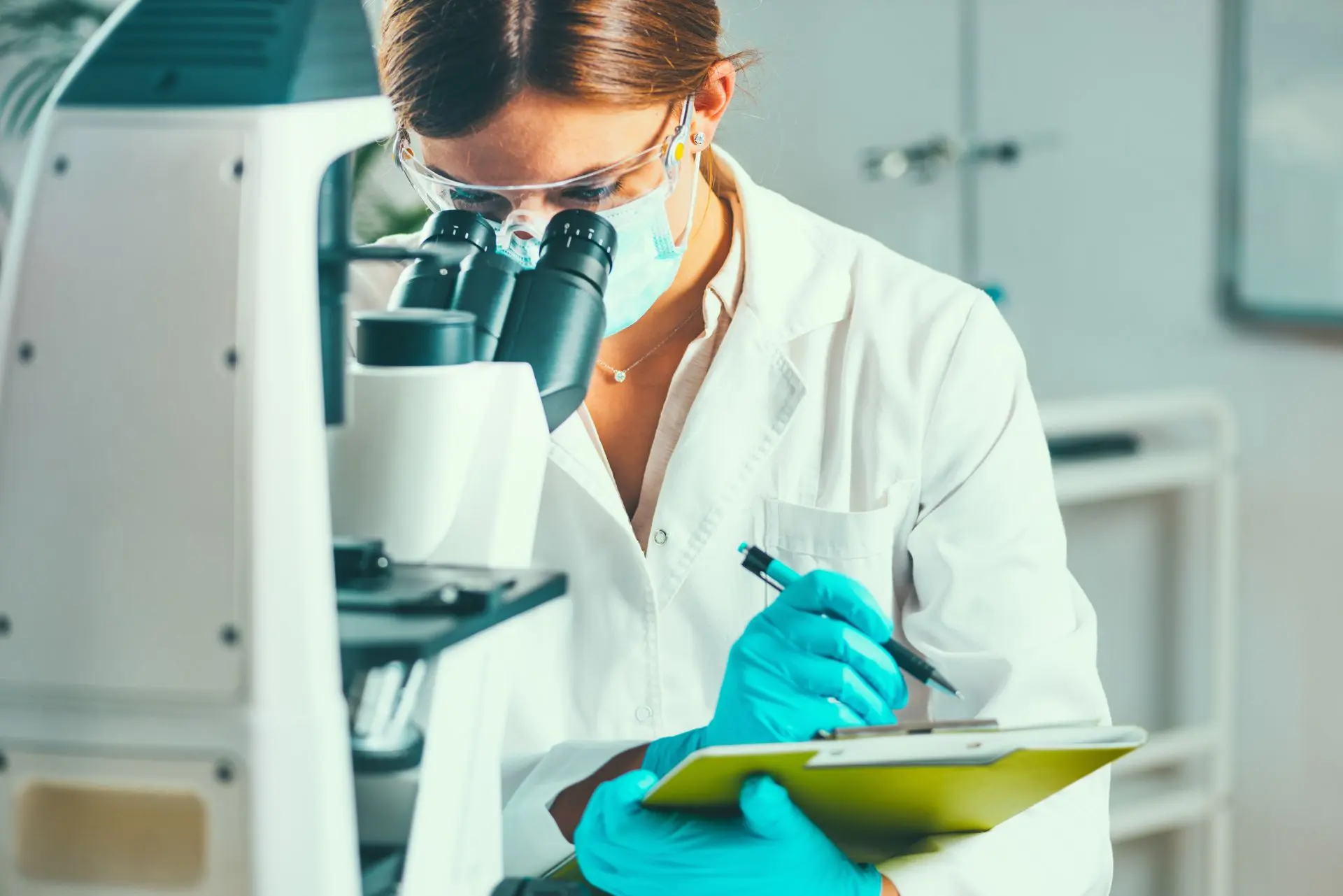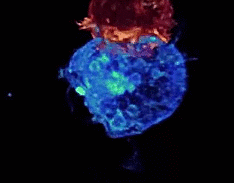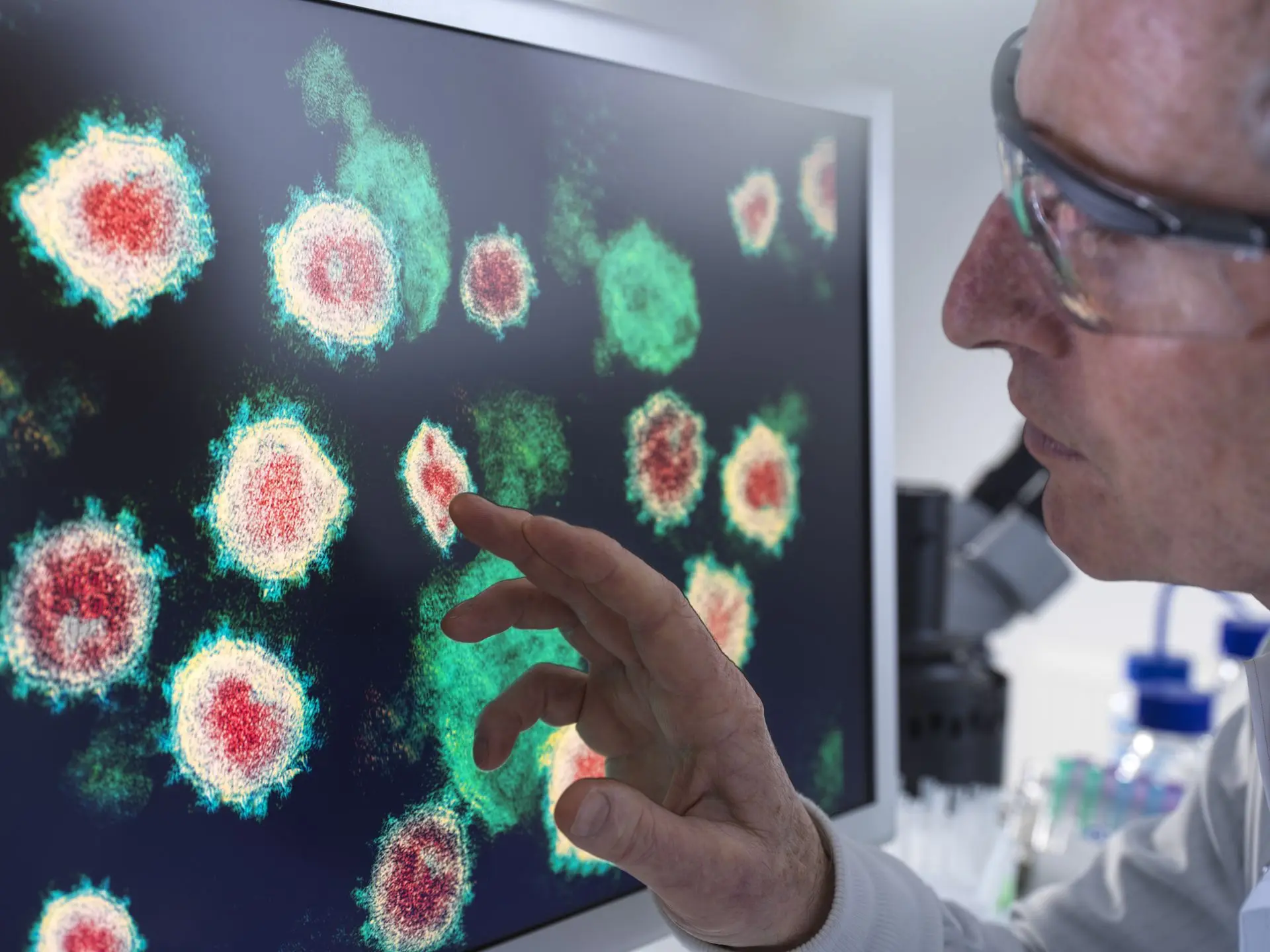
Unlocking the Power of ELISA: From Immune Checkpoints to Soft and Supple Skin


In modern biotechnology, precision tools such as ELISA (enzyme-linked immunosorbent assay) kits are shaping the future of healthcare, immunotherapy, and even aesthetic research. Among the most essential of these tools are the CD274 (PD-L1) ELISA, IL-2 ELISA, and Activin A ELISA. These assays not only support cutting-edge cancer and immune research but are also playing unexpected roles in tissue regeneration and skin biology. In this blog, we explore how these three immunoregulatory tools are advancing science and how they connect, surprisingly, to the dream of soft and supple skin.

IL-2 ELISA: A Window into T Cell Activation
Interleukin-2 (IL-2) is a cytokine produced primarily by activated T cells, playing a central role in T cell proliferation, differentiation, and immune response regulation. The IL-2 ELISA is widely used in both basic research and therapeutic development to monitor immune function.
From vaccine trials to autoimmune disease models, IL-2 levels are a critical biomarker. By accurately quantifying IL-2 secretion, scientists can assess T cell activation, vaccine potency, and even the early signs of immune dysregulation. This tool is also instrumental in evaluating responses to immunomodulatory therapies.

CD274 (PD-L1) ELISA: Illuminating Immune Escape
CD274, more commonly known as PD-L1, is a major immune checkpoint protein. It plays a key role in allowing cancer cells to evade immune surveillance by binding to the PD-1 receptor on T cells, effectively “turning off” the immune attack. The CD274 (PD-L1) ELISA is an essential assay for quantifying PD-L1 expression in tumor microenvironments, immune cells, and experimental models.
In oncology research and diagnostics, measuring PD-L1 levels has become critical in determining eligibility for checkpoint inhibitor therapies. The rise of immunotherapies like anti-PD-1 and anti-PD-L1 monoclonal antibodies has made this assay a cornerstone in clinical immunology.
Activin A ELISA: Bridging Inflammation, Repair, and Regeneration
Activin A is a member of the TGF-beta superfamily and is involved in numerous biological processes including inflammation, fibrosis, tissue remodeling, and reproductive biology. The Activin A ELISA allows for precise quantification of this multifunctional protein in various biological samples.
What makes Activin A especially fascinating is its emerging role in skin biology. Research indicates that Activin A influences fibroblast proliferation, collagen synthesis, and wound healing. These are the very processes that underlie skin elasticity and texture. In other words, the path to soft and supple skin may run directly through molecular pathways involving Activin A.
Biotech companies and dermatological researchers are now using Activin A ELISA kits to explore how cytokine signaling affects epidermal regeneration. With measurable endpoints and quantifiable markers, achieving supple skin is no longer a dream, but a possibility driven by scientific discovery.
